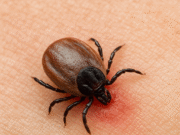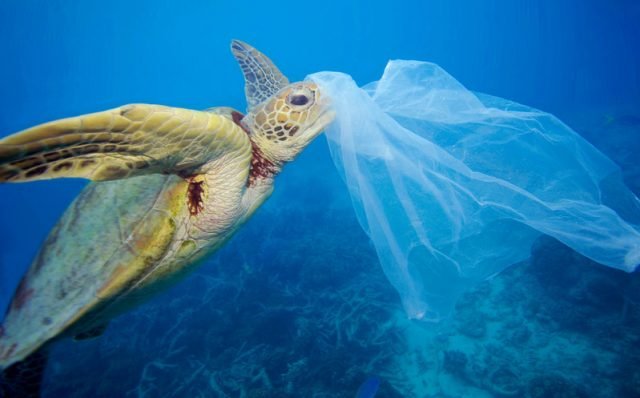With new sustainable biopolymer technology, our world may one day be rid of the worst pollutant. A new method used in a new study conducted at Tel Aviv University has produced bioplastic polymers without using soil or water from resources that are scarce in most of the world. The polymer is obtained from microorganisms that feed on seaweed. It does not produce toxic waste, it is biodegradable and recyclable. This invention, TAU Faculty of Environmental and Earth Sciences Dr. Alexander Golberg and TAU Faculty of Chemistry Prof. It is the work of Michael Gozin. The study was recently published in the Journal of Bioresource Technology. According to the United Nations, plastic accounts for 90 percent of all pollutants in our oceans, and eco-friendly alternatives are scarce.
Dr. Goldberg “Plastics take hundreds of years to decompose. So bottles, packaging and bags create plastic islands in the oceans, endangering animals and polluting the environment.” says.ʺ
How is Plastic Produced? Plastic is produced from petroleum products and chemical pollutants are formed as a by-product during production. The solution to the plastic problem is bioplastics, which are not produced from petroleum and are easily degraded in nature. However, bioplastics also have negative effects on the environment. Plant and bacteria production is needed for the production of bioplastics. This cannot be done without soil and water. However, there is a shortage of resources in countries like Israel. We produce plastic from marine microorganisms with a new method. The organic waste generated can be recycled.ʺ Researchers used seaweed-fed microorganisms to produce a bioplastic polymer called polyhydroxyalkananoate (PHA). “Our raw material was multicellular seaweed grown in the sea. Single-celled microorganisms producing a polymer used in the production of bioplastics fed on these algae. There are already factories producing large quantities of bioplastics, but they require farmland and water to produce the crops used in them. The method we propose will enable countries with clean water shortages such as Israel, China and India to switch from petroleum-derived plastics to biodegradable plastics.ʺ The new study could revolutionize efforts to clean the oceans without affecting arable land and using fresh water, according to Goldberg. “Plastic from fossil sources is one of the most polluting factors in the oceans. We have proven that it is possible to produce bioplastics based entirely on marine resources in a way that is both environmentally and friendly to its inhabitants. We are now doing basic research to find the most suitable bacteria and algae to produce bioplastic polymers with different properties.
https://www.sciencedaily.com/releases/2018/12/181225162808.htm






























